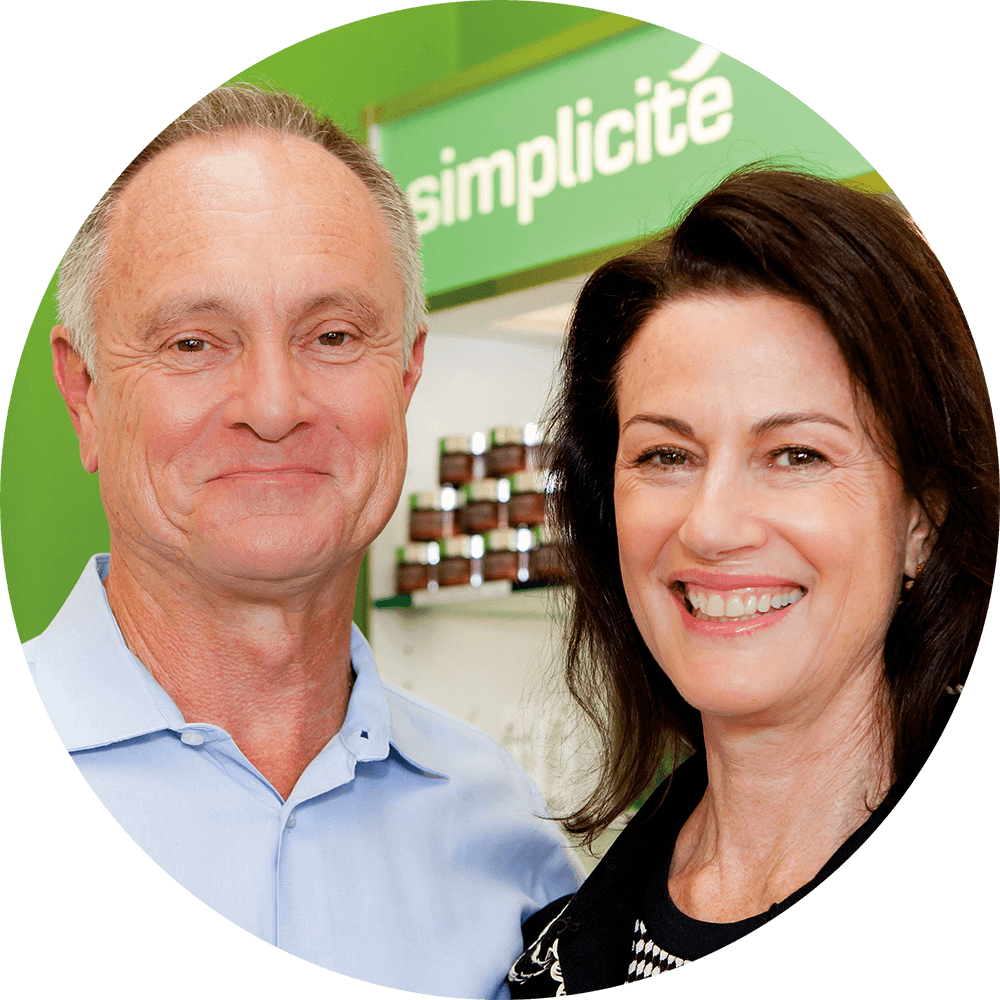Apply enough sunscreen.
That's the most important fact we all need to know about sunscreen.
Not how 'high' the SPF is, simply put enough sunscreen on to be effective.
Any suggestion that the insufficient application of sunscreens can be offset by simply using higher SPF sunscreens isn’t supported by available research.
On human skin, versus a glass slide in a laboratory, it’s important to LIBERALLY apply sunscreens.That’s the basis for their efficacy.
On human skin, what is vital to the performance of sunscreen is the way the emulsion integrates with the skin. We can only advocate for the correct application of sunscreens; not patch-up remedies for incorrect application.
Our Great Outdoors Moisturiser with Sunscreen is an SPF 15.
We won’t be making an SPF 30 or SPF 50 - based on the following reasons of researched science.

In our Moisturiser with Sunscreen SPF 15 we prefer to use the necessary amount of SPF to achieve effective sun protection plus load the formulation with medicinal grade plant extracts that benefit skin.
SPF 15 performs better than an SPF 30 in a ‘real life’ situation.
In a study published by the American Association for Cancer Research, real life measurements were taken from a group of subjects one hour after sunscreens of varying SPFs were applied to their skin.
After one hour, the study showed that the SPF15 lotion continued to absorb the UV wavelength being measured.
The surprise was that the SPF15 was slightly more effective at absorbing UV
than were the SPF30 and 45.
The study was published under Cancer Epidemiology, Biomarkers and Prevention (Tom Elliott, Eric J. Nehl and Karen Glanz DOI: 10.1158/1055-9965.EPI-08-0492 Published May 2009)
A few percent only difference between higher and lower SPFs
Researchers at the Northwestern University Feinberg School of Medicine in Chicago published a 2014 survey about sunscreens in the JAMA Dermatology.
One of the researchers, Dr Roopal Kunka, a dermatologist, is quoted as saying 'an SPF of 15 is not half as effective as an SPF 30. According to Kundu, SPF 15 filters about 93% of UV-B rays; SPF 30 filters about 97% of UV-B rays; and SPF 50 filters about 98% of UV-B rays.’
The differences are a few percent only.
Using a broad spectrum sunscreen is essential
Dr Kunka emphasises the importance of using a sunscreen that is broad spectrum.
Simplicité's Moisturiser with Sunscreen is broad spectrum.
Reapplying sunscreen every two hours is essential
In the survey Dr Kunka observes that most users of sunscreens don't know that the best results for an SPF30 (and all sunscreens) are achieved by reapplying every two (2) hours.
A high-number SPF is not better than a low-number SPF
On their website under FAQs, the American Academy of Dermatology answers the question, 'Is a high-number SPF better than a low-number one?” by stating that, “It is also important to remember that high-number SPFs last the same amount of time as low-number SPFs. A high-number SPF does not allow you to spend additional time outdoors without reapplication.
Comments about application of sunscreens
Studies reveal that many consumers do not use a sufficient amount.
To be effective, it is vital that a generous amount is applied.
Gavin Greenoak (Managing and Scientific Director Australian Photobiology Testing Facility in Sydney) states: “Rather than being interpreted in relation to ‘burn times’, SPF numbers should be considered as relative values and used for comparative purposes only.
His advice is:
- Sunscreens work best when evenly applied to the skin as a layer or film rather than being rubbed into the skin.
- Sunscreens should be applied 15-30 minutes prior to sun exposure.
• Then, apply a second application at the time of exposure.
All sunscreens of all SPF ratings should be reapplied every two (2) hours.
2000 Australians die each year from skin cancer. There are about 2500 treatments each working day in Australia for skin cancer. The human and economic costs are very high indeed, so we very much encourage the correct use of sunscreens.
Our aim is to provide products and information that have a basis in research.
Author:
David Lyons A.DipT.R. ND
Founding Naturopath & Herbalist
Director of Formulations
Simplicité Australian Natural Skin Care

